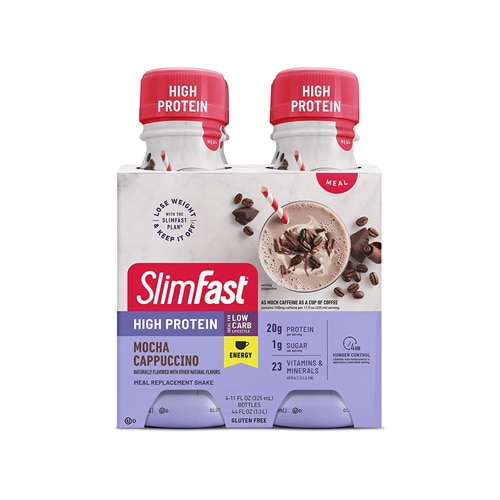Calories always seem to be demonized or to carry a negative connotation. When you say the word “calories” to someone, their body language tends to show cringing or tension, as though it’s something that would cause harm or pain.
The word “calories,” and its meaning, needs to be rethought. We need to begin thinking of calories for what they are, which is a measurement of energy. For example: “This food provides me with X number of calories to wash my car, play with my kids or to make dinner.”
Why calories are important
When food is eaten, it’s broken down into energy in the body. If too much food is eaten, or excessive energy is consumed, some will be stored for later, resulting in weight gain. When fewer calories are consumed than the amount of energy needed for the body, weight loss occurs.
A common misconception is that if you cut calories, you’ll lose weight. This isn’t always the case, as it is possible to eat too few calories. Eating fewer calories than your body needs can cause your body to go into “starvation mode.” When this happens, the body thinks there isn’t enough food available, and what food is consumed is stored as fat for energy use later. It’s important to make sure that the right number of calories are being consumed to reach your health goals.
Remember, it's not only the quantity of calories that counts but also the quality of calories. You can eat 150 calories of potatoes (about 1 small potato), which will provide fiber and potassium and is low in fat. Or you can eat 150 calories of potato chips (about 1 serving), which provides no fiber and is high in sodium and fat. While the number of calories you consume is important, it’s also important to make sure the source of the calories is quality. Excellent examples of high-quality foods include fruits, vegetables, beans, whole grains and lean protein.
How does calorie counting work?
So why do people count calories? Some do it to make sure they’re staying within their normal consumption levels for the day, and not overeating. Some do it with weight loss, or another nutrition goal, in mind. And others do it simply to have an idea of what they’re eating for self-awareness purposes. The act of counting calories can be used to help you stay accountable when it comes to food choices, or to help you reach certain goals (when done properly).
How do you know how many calories you need per day? There are several different factors to consider when calculating caloric need: gender, age, weight, height, activity level, as well as nutrition goals (weight loss, muscle gain, etc.). It’s best to work with a registered dietitian to discuss your nutrition and energy needs and to figure out the best range to focus on.
If you’re interested in losing weight, one to two pounds per week is considered a safe rate of weight loss, which would be a minimum deficit of 500 calories per day through food and/or exercise. This is something best discussed with a registered dietitian in order to individualize your energy needs and plan for your nutrition goals.
Your calorie-counting plan
When you know how many calories per day are needed to meet your goals, there are a few different ways to go about counting. You can use an app such as My Fitness Pal, Lose It!, or Spark People.
Or you can do it the old-fashioned way by manually keeping track of your food intake. This can be done by keeping a food log either on paper or digitally and totaling up the calories consumed for the day.
Whichever method you choose, all food and beverages need to be logged. It’s tempting to not include the “bad” foods you eat, or to “fudge” serving sizes. If you aren’t accurate, however, you’re not only going to have inaccurate totals, you might start developing a negative relationship with food! Even small bites of food should be counted. Be honest with yourself for the best results.
Keep in mind: counting calories is that is not an exact science. The goal is to be within a certain calorie range for one's body; but, remember, the number will vary slightly from day to day.
Calorie counting is a tool that can help with a weight-loss or health journey. It’s not something that needs to be done forever, but until your goals are reached or you have a better understanding of the foods you eat. It’s about making better, not perfect, decisions, and taking it one day at a time.




